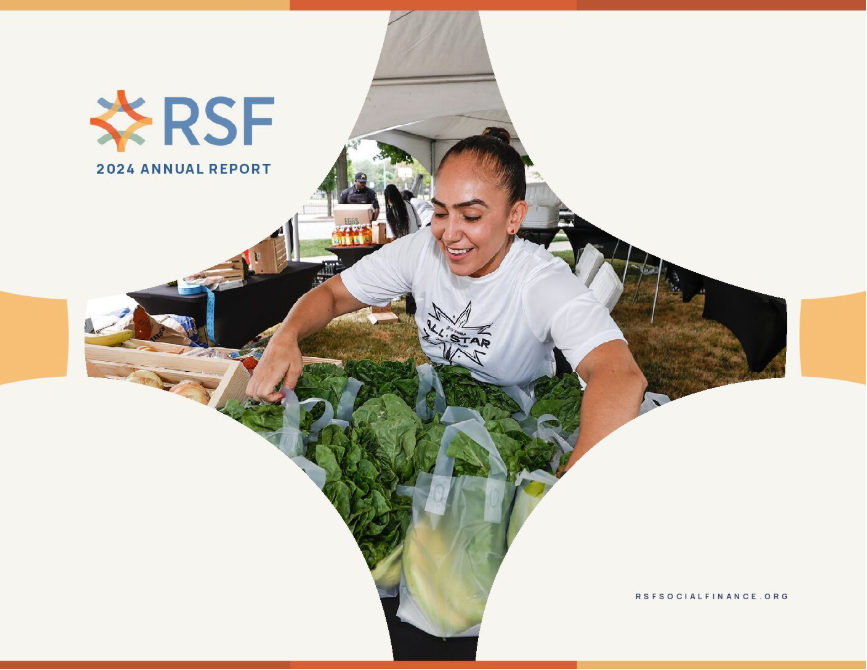For all of human history and prehistory, experience in the natural world has helped shape our species, including our brains. Yet, in recent decades, our society has looked everywhere but toward more natural environments for healthier brain development and the enhancement of intelligence and creativity. It’s time to take a fresh look at our own back yards – at nature nearby and far.
Ralph Waldo Emerson, in a speech at Henry David Thoreau’s funeral service, described his friend’s many talents: “He was a good swimmer, runner, skater, boatman, and would probably out-walk most countrymen in a day’s journey….The length of his walk uniformly made the length of his writing. If shut up in the house he did not write at all.”
These walks not only stimulated his creativity, but had practical, day-to-day application: Thoreau’s outdoor experiences made him a sought-after land surveyor; he could not only outline boundaries with exactitude, but could also explain the ecological workings of an area in great detail. An amateur stream-watcher and river-gazer, he knew the secrets of local waters long before professional hydrologists took their measures. When NPR commentator John Hockenberry reported the research that revealed greater mental acuity after a nature walk, he pointed out that Albert Einstein and the mathematician and philosopher Kurt Gödel, “two of the most brilliant people who ever walked the face of the earth, used to famously, every single day, take walks in the woods on the Princeton campus.”
Well, we’re not all Einsteins. But we’ve all experienced that eureka moment when the brain is relaxed and in a positive state. That can occur in a shower, indoors or outdoors, but in all of its complexity – with all of its loose parts and invisible connections – the natural world is by definition an incubator of creativity.
Becoming nature smart
Creative genius is not the accumulation of knowledge; it is the ability to see patterns in the universe, to detect hidden links between what is and what could be. In 1977, the late Edith Cobb, a noted proponent of nature-based education, contended that geniuses share one trait: transcendent experience in nature in their early years. Environmental psychologist Louise Chawla of the University of Colorado offers a broader view. “Nature isn’t only important to future geniuses,” she says. Her work explores “ecstatic places.” She uses the word ecstatic carefully. Rather than applying the contemporary definition of delight or rapture, she prefers the word’s ancient Greek roots – ek stasis – meaning “outstanding” or “standing outside ourselves.” These ecstatic moments are “radioactive jewels buried within us, emitting energy across the years of our lives,” as Chawla puts it. Such moments are often experienced during formative years. But, because of the brain’s plasticity, and individual sensitivities, they can happen throughout life. And they can happen for everyone, giving each of us the touch of genius.
Most studies of learning ability and creativity associated with the relationship between nature experiences and creativity involve children. In 2006, a Danish study found that outdoor kindergartens were better than indoor schools at stimulating children’s creativity. The researchers reported that 58 percent of children who were in close touch with nature often invented new games; just 16 percent of indoor kindergarten children did. One explanation, for adults as well as children, is suggested by the “loose parts theory” in education, which holds that the more loose parts there are in an environment, the more creative the play. A computer game has plenty of loose parts, in the form of programming code, but the number and the interaction of those parts is limited by the mind of the human who created the game. In a tree, a woods, a field, a mountain, a ravine, a vacant lot, the number of loose parts is unlimited. It’s possible, then, that exposure to the loose but related parts of nature can encourage a greater sensitivity to patterns that underlie all experience, all matter, and all that matters.
Other research focuses on adults. In 2012, the University of Kansas News Service reported: “Research conducted at the University of Kansas concludes that people from all walks of life show startling cognitive improvement — for instance, a 50 percent boost in creativity — after living for a few days steeped in nature.” “There’s growing advantage over time to being in nature,” said Ruth Ann Atchley, department chair and associate professor of cognitive/clinical psychology at the University of Kansas, when the results of the study were announced. “We think that it peaks after about three days of really getting away, turning off the cell phone, not hauling the iPad and not looking for internet coverage. It’s when you have an extended period of time surrounded by that softly fascinating environment that you start seeing all kinds of positive effects in how your mind works.”
Nature experiences stimulate learning and inspire creativity through ecstatic experience but also through the complexity of possibilities for play and learning, and through a kind of osmosis.
We need more research in this field, although we already know intuitively that nature stimulates the mind and soul and our love of place, and that there is no electronic substitute, particularly for infants and young children. Harvard’s professor E.O. Wilson’s biophilia hypothesis holds that human beings are hard wired with an affiliation with the rest of nature. Researchers suggest exposure to the natural world restores the brain’s ability to pay attention, that it not only restores us, but excites us, by stimulating all of the senses.
These ideas are not new to Waldorf teachers or other nature-based educators. But, because of recent research and a growing movement to connect children to nature, a wider public is coming to that conclusion — even as children’s daily experience is becoming more virtual.
By Richard Louv


